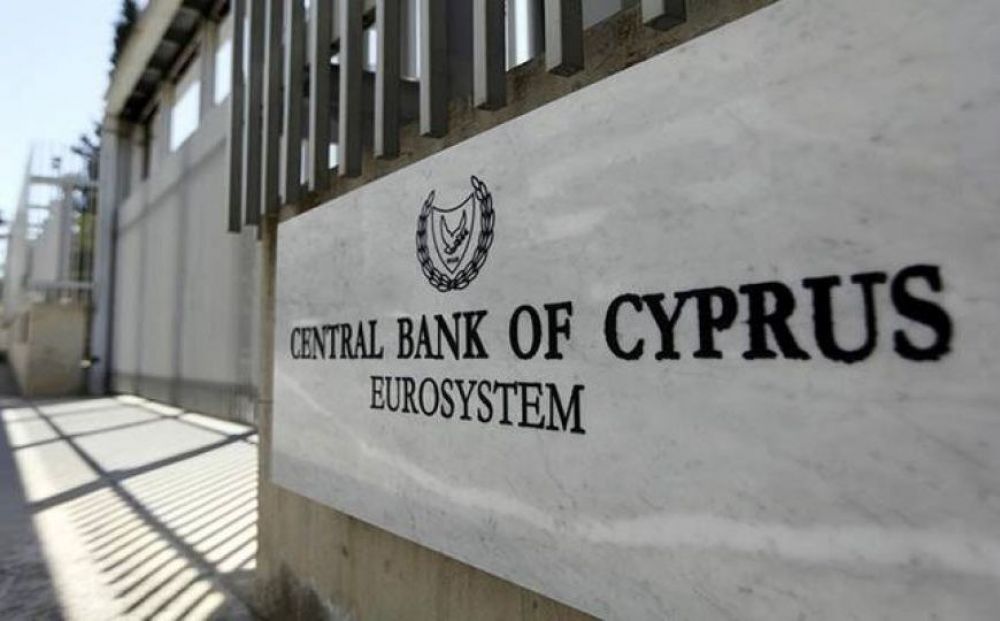
Реформы кипрской системы правосудия направлены на то, чтобы сделать Кипр международным центром арбитража. В сентябре парламен...

Димитри Томас – директор по международным операциям в Acsion Ltd и ключевая фигура в проекте Metropolis Mall в Ларнаке – одно...

Согласно исследованию Центрального банка Кипра, в первом квартале 2025 года спрос на бизнес-кредиты в стране вырос – впервые ...

На правительственном сайте появилась официальная информация о «Голубой карте ЕС» – виде на жительство, который предоставляет ...

Кабинет министров одобрил новый закон о контроле прямых иностранных инвестиций. Министерство финансов будет иметь широкие пол...

Моника Иоанниду Полемитис – партнер компании TKI и управляющий директор TKI EMEA. В каждый проект она привносит интеллект, те...

Центральный банк Кипра сообщает о снижении ликвидности банковского сектора на 4,5 млрд евро в 2024 году. В то же время в 2025...

Несмотря на геополитические вызовы и экономическую неопределенность, туристическая отрасль Кипра в 2024–2025 годах демонстрир...

26 мая в Columbia Plaza состоялась финальная сессия Best Invest Congress 2025 – панельная дискуссия Best Invest Meets Tech Founders. Мероприятие объединило экспертов в сфере высоких технологий, инвесторов и основателей компаний, в...

Панельная дискуссия Yachting Beyond Luxury: Turning the Tide in Investment Opportunities состоялась 23 мая на площадке Limassol Boat Show в рамках Best Invest Congress 2025. Участники обсудили, как яхтинг превращается в элемент ин...

Кипрский политический и экономический аналитик Фиона Маллен возобновила формат кратких еженедельных обзоров, в которых выделяет события, способные повлиять на средне- и долгосрочную ситуацию на Кипре. В своей новой подборке она ак...

В условиях высокой конкуренции на финансовых рынках качество работы с клиентами становится ключевым фактором доверия и лояльности. О том, как выстраивается эффективная система поддержки клиентов в международной брокерской компании...

Димитри Томас – директор по международным операциям в Acsion Ltd и ключевая фигура в проекте Metropolis Mall в Ларнаке – одном из крупнейших торговых центров Кипра. С инженерным образованием и десятилетиями опыта в сфере девелопме...

Моника Иоанниду Полемитис – партнер компании TKI и управляющий директор TKI EMEA. В каждый проект она привносит интеллект, тепло и внутреннюю устойчивость. Как ментор, инвестор и основатель, Моника на протяжении всей своей карьеры...

Кабинет министров одобрил новый закон о контроле прямых иностранных инвестиций. Министерство финансов будет иметь широкие полномочия по проверке и блокированию иностранных инвестиций в чувствительных стратегических секторах. Что э...

Центральный банк Кипра сообщает о снижении ликвидности банковского сектора на 4,5 млрд евро в 2024 году. В то же время в 2025 году увеличился дефицит текущего счета и ухудшилась международная инвестиционная позиция. Что стало прич...

Подписано соглашение о продаже практически всех банковских активов и обязательств AstroBank, включая перевод его персонала. Alpha Bank Cyprus становится третьим по величине банком Кипра, а продажа становится уже третьим поглощение...

Издание «Филелефтерос» проанализировало доступные данные последних лет и рассмотрело факторы, влияющие на формирование текущего тарифа Электрической компании Кипра (EAC). Что именно делает цены на эле...

Вслед за Кипром, Мальта закрывает программу «золотого паспорта» после решения ЕС. Кипр на этом «поймали» раньше, уже в 2020 году подобная программа здесь была закрыта. Она, кстати, принесла экономике ...

Ученые из Кипрского технологического университета (CUT, или ТЕПАК) провели успешное развертывание первой в стране квантовой сети связи. Это стало новаторским достижением как для Кипра, так и для глоба...

Реформы кипрской системы правосудия направлены на то, чтобы сделать Кипр международным центром арбитража. В сентябре парламент начнет рассмотрение нового Закона об арбитраже 2025 года, который призван сделать процесс разрешения сп...

На правительственном сайте появилась официальная информация о «Голубой карте ЕС» – виде на жительство, который предоставляет высококвалифицированным специалистам из третьих стран право жить и работать в одной из стран ЕС. Карта бы...

Управление по обеспечению соблюдения санкций (ЕМЕК) будет создано в июле 2025 года и приступит к работе к концу года. Сотрудников службы наберут в августе. Чем будет заниматься этот надзорный орган и какие у него полномочия? Эта ...

Несмотря на геополитические вызовы и экономическую неопределенность, туристическая отрасль Кипра в 2024–2025 годах демонстрирует впечатляющую устойчивость и динамику роста. Согласно данным, представленным президентом Ассоциации от...

Исследование IMR Университета Никосии показало предпочтения поколений Gen Z, миллениалов и Gen X. Было проанализировано поведение каждого поколения онлайн: развлечения, поиск информации, поиск и приобретение товаров и услуг, измен...

За трехлетний период привлеченные на Кипр специалисты получили 406,6 млн евро налоговых льгот. Из этих работников киприоты составляют только пятую часть. Большинство получателей налоговых льгот – это профессионалы из России, Украи...